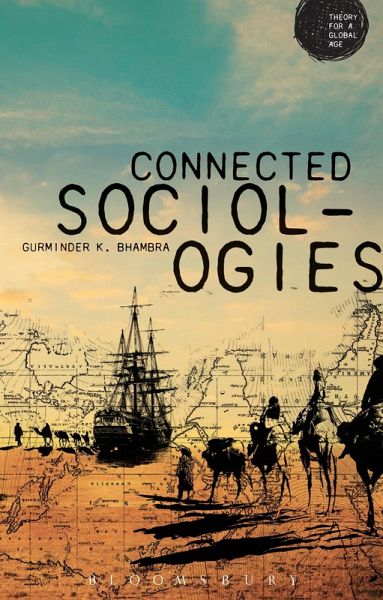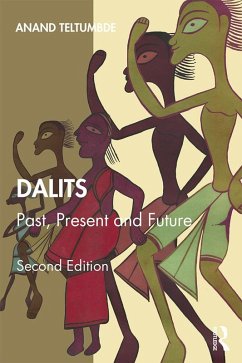
Connected Sociologies (eBook, ePUB)

PAYBACK Punkte
11 °P sammeln!
This book is available as open access through the Bloomsbury Open Access programme and is available on www.bloomsburycollections.com. This book outlines what theory for a global age might look like, positing an agenda for consideration, contestation and discussion, and a framework for the research-led volumes that follow in the series. Gurminder K. Bhambra takes up the classical concerns of sociology and social theory and shows how they can be rethought through an engagement with postcolonial studies and decoloniality, two of the most distinctive critical approaches of the past decades.













